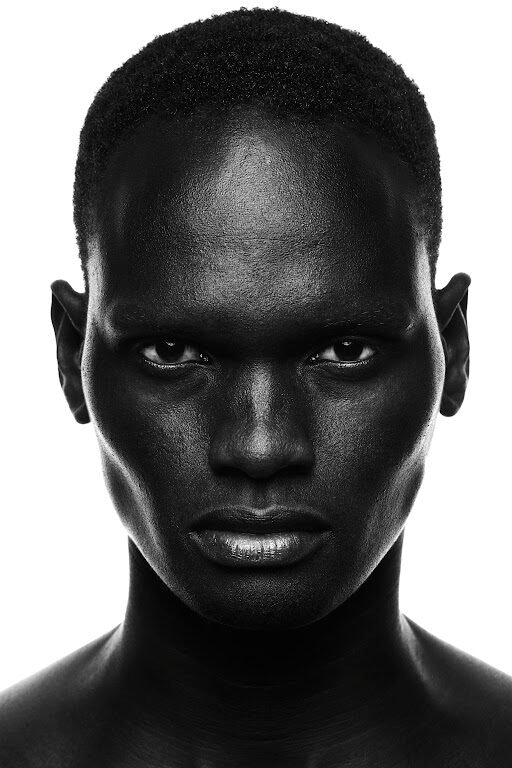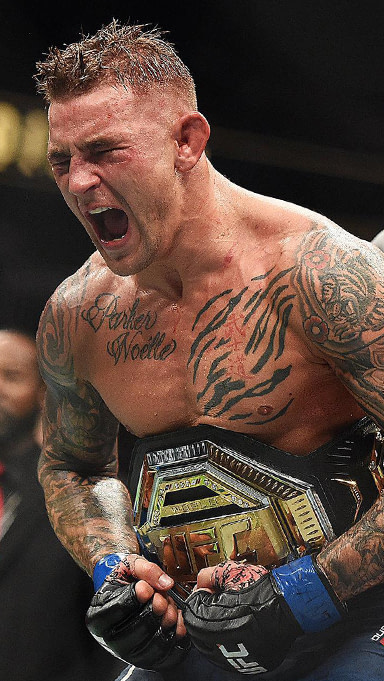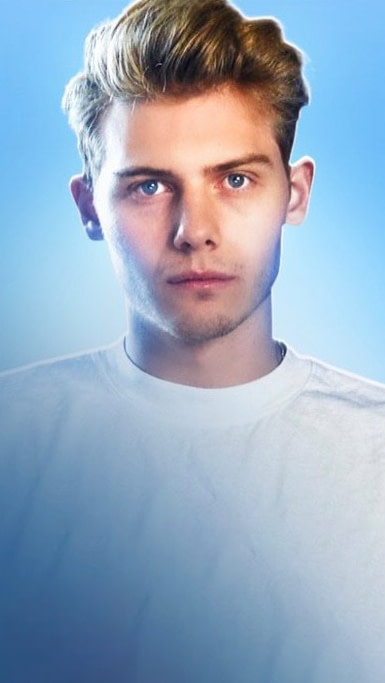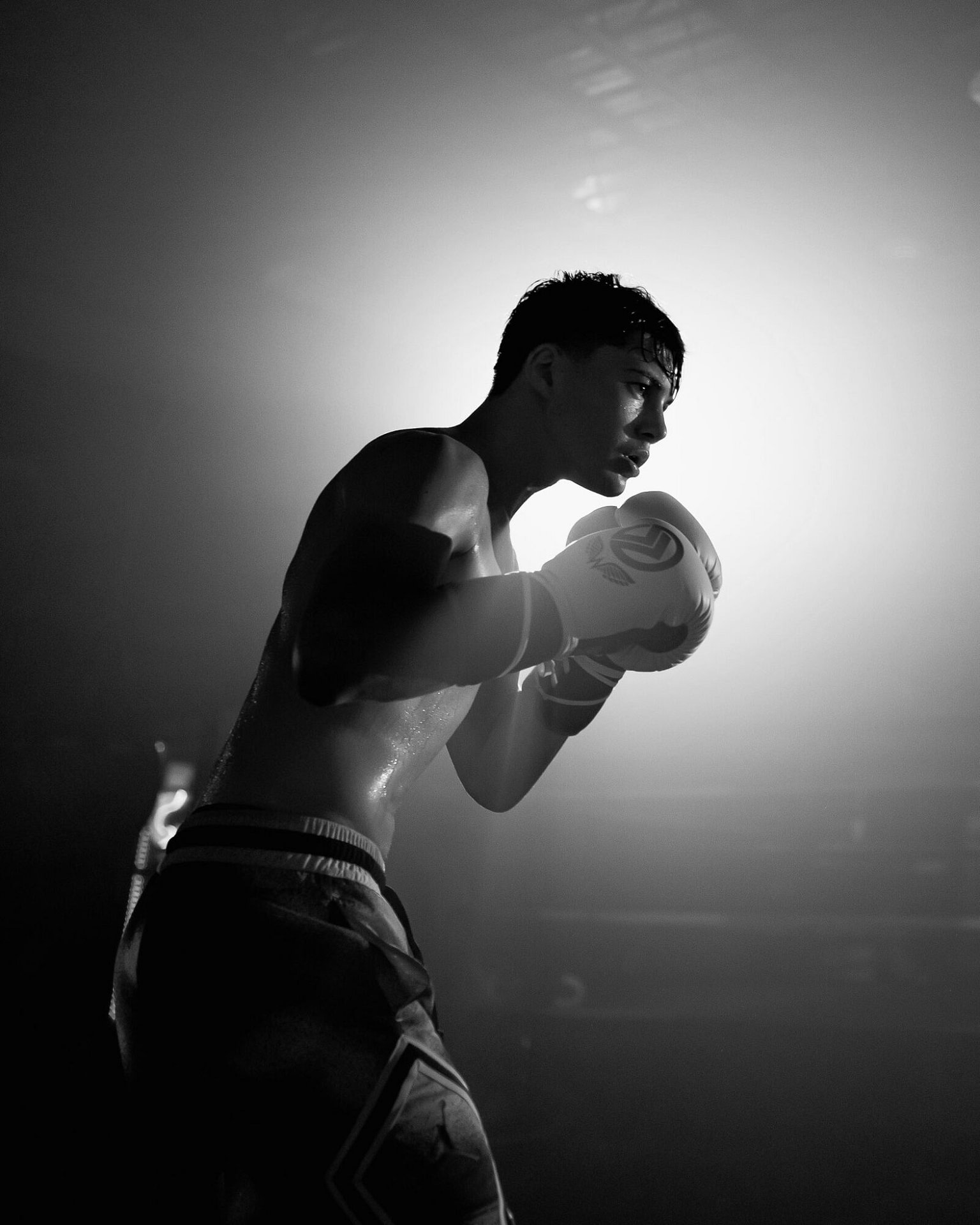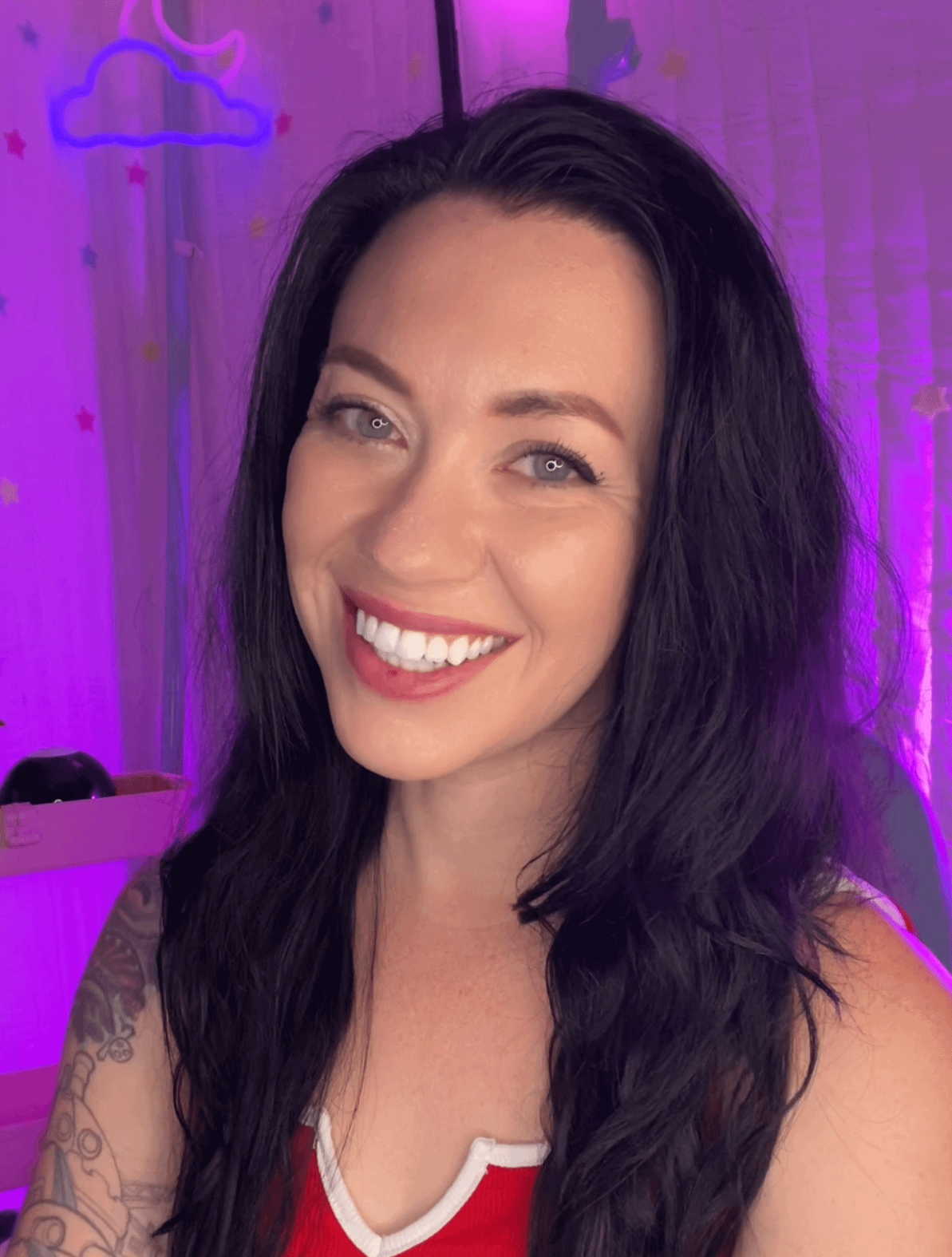


Branches
Branches

follow @dulcedomodels
follow
@dulcedomodels
follow @dulcedoinfluencers
follow
@dulcedoinfluencers
follow @dulcedosports
follow
@dulcedosports


Subscribe to
our newsletter
our newsletter
Receive our newsletter directly in your inbox and always be in the know about exciting news, views and trends in digital marketing, influencer culture and content creation.



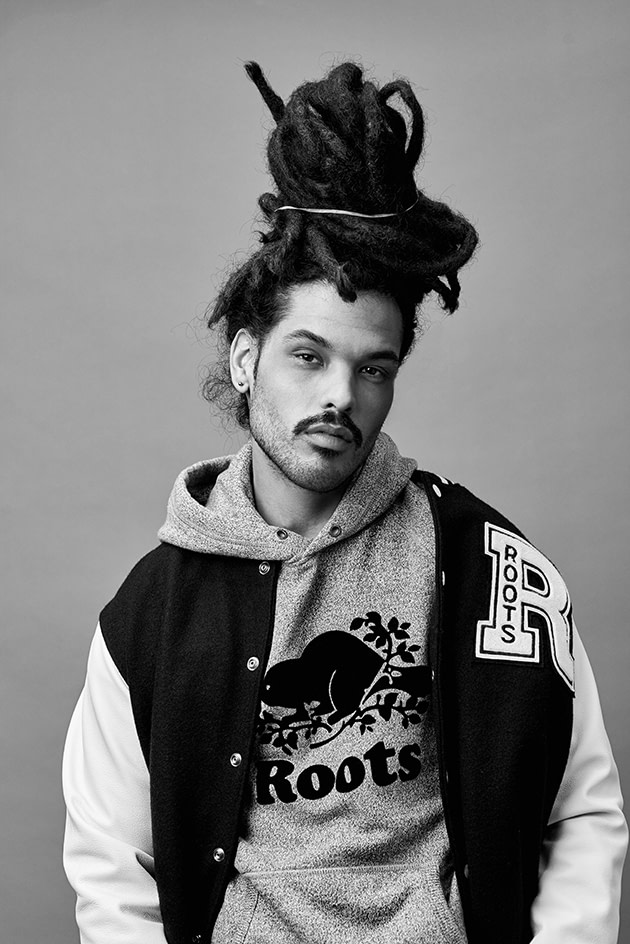
What began as a model agency has expanded far beyond influencer, sports, gaming and entertainment marketing. It has opened up a universe of new markets in both the sponsorship, advertising and marketing industries.
More About Us

Today, we represent and manage the national and international careers of over 600 fashion models, Olympic and professional athletes, entertainment celebrities, top-tier web influencers and esports stars.
To complete our 360° service offering, Dulcedo Digital Agency was launched as the activation arm of the Dulcedo Management Group, allowing both talent and brands to explore new opportunities and the unique benefits of working with' a one-stop talent and digital activation agency.
READ ABOUT DULCEDO'S DNA

Blogzine
Blogzine





